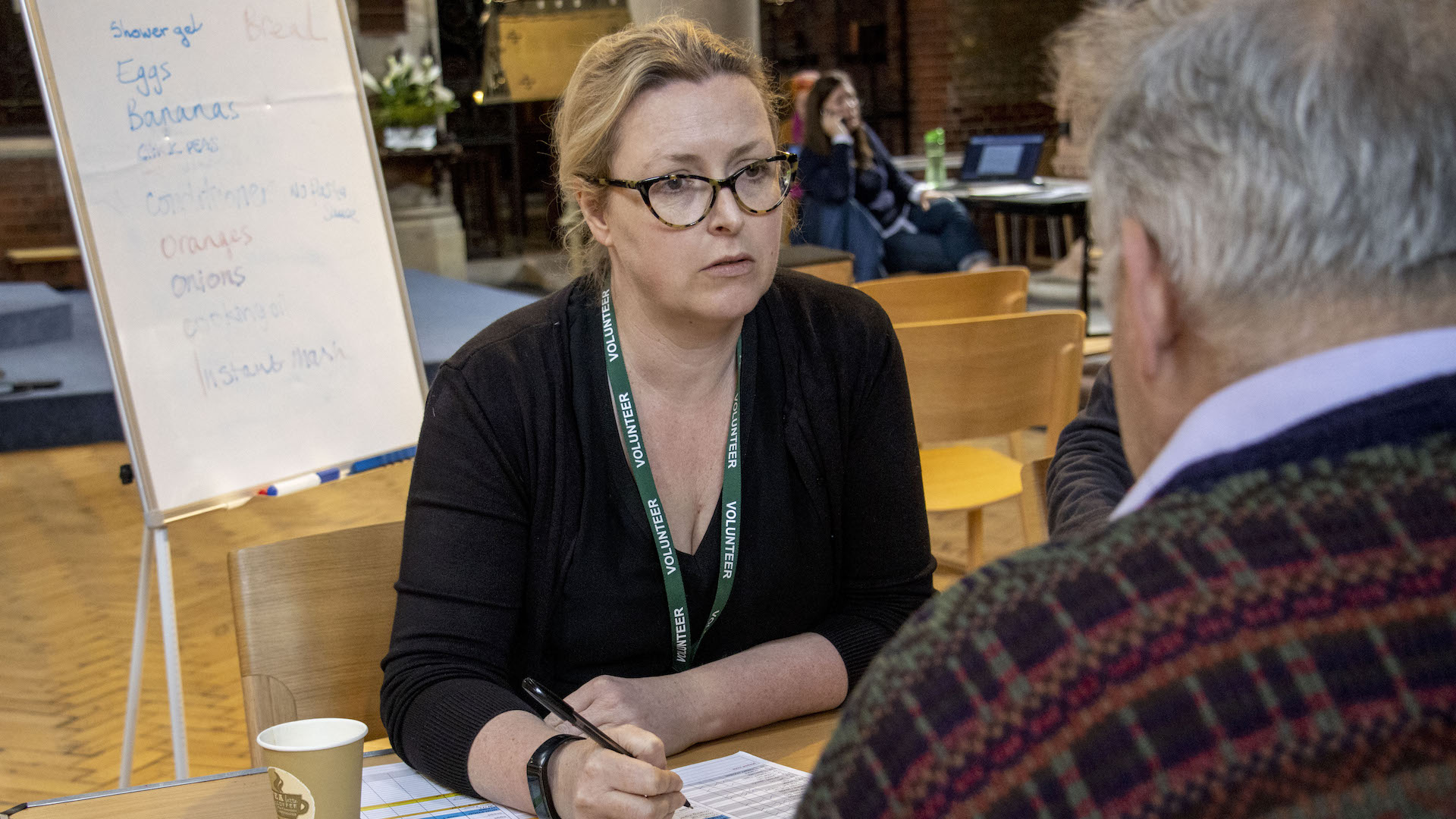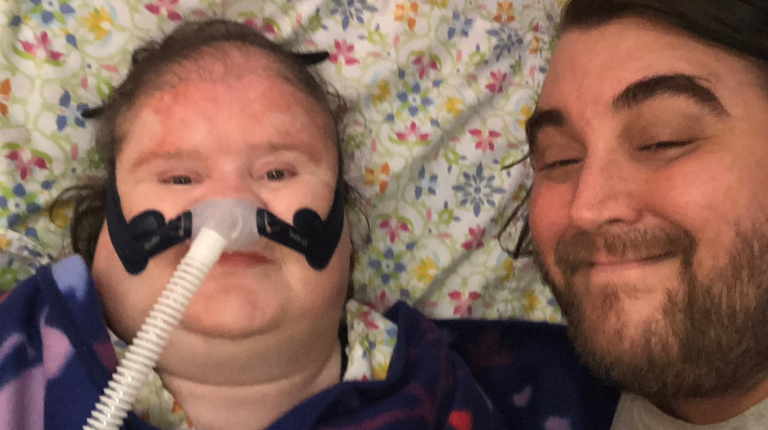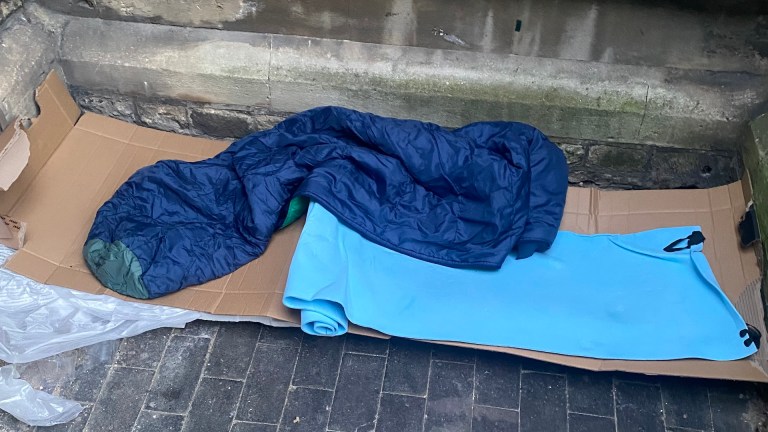As the chancellor announced some long-awaited cash measures to help with the cost of living crisis, our food bank session was exceptionally challenging. High numbers of people are now expected rather than anticipated, and we can only just about manage to put together food parcels because of a lack of donations. More worrying is the intensity, urgency, and complexity of guests’ situations – every week we see new levels of suffering and deprivation.
From the minute the doors opened at 09:30 there were new guests waiting to be registered and we kept registering until the doors closed at midday. Every story this week, without exception, was complex and heart-breaking. There were many issues relating to benefits: delayed payments; payments unexpectedly stopped or halted due to sanctions; an unexplainable decrease in the amount transferred. And beyond benefits, problems relating to debt, housing, domestic violence, employment and mental health.
While guests may have different income-related reasons for needing the food bank, the same phrases come up again and again: “I don’t have any food at home”; “I have no money left until the end of the month”; “I haven’t eaten”. And all too often these chilling words: “I can’t cope” and “I can’t go on like this”.
We register two new guests who have recently arrived from Ukraine, Oleksandr and Yulia – both bewildered and exhausted, trying to navigate new systems and set up a new life. Another new guest, Josie, is in tears – she had been woken up that morning by bailiffs knocking on the door. She works 12 hours a week for a major supermarket, but the income barely makes a dent in her debt repayments. At the same time, she’s caring for her adult son with severe health issues; she’s asked for more support on this and has been told she and her son are “on a list”.
Perhaps most heart-breaking of all is guest Marion, a single mother, who says she’s at her lowest point. She lives in emergency accommodation with two toddlers – just one small room for all of them. She was meant to be there for six weeks, but it has now been six months. She has no washing facilities and has to hand-wash everything, including towels, which she can never get dry. The children are regularly ill. There’s a problem with her benefits, so she has barely any money coming in. She hasn’t eaten for over a day, making sure that her children have the little food she can afford to buy. Hearing Marion talk about her daily struggles, it’s hard to believe that we’re sitting here in the 21st century, in an affluent area of a prosperous city in the sixth richest country in the world.
Just as our food bank session is ending, the news comes through that the government is finally introducing some welcome cash first interventions.










